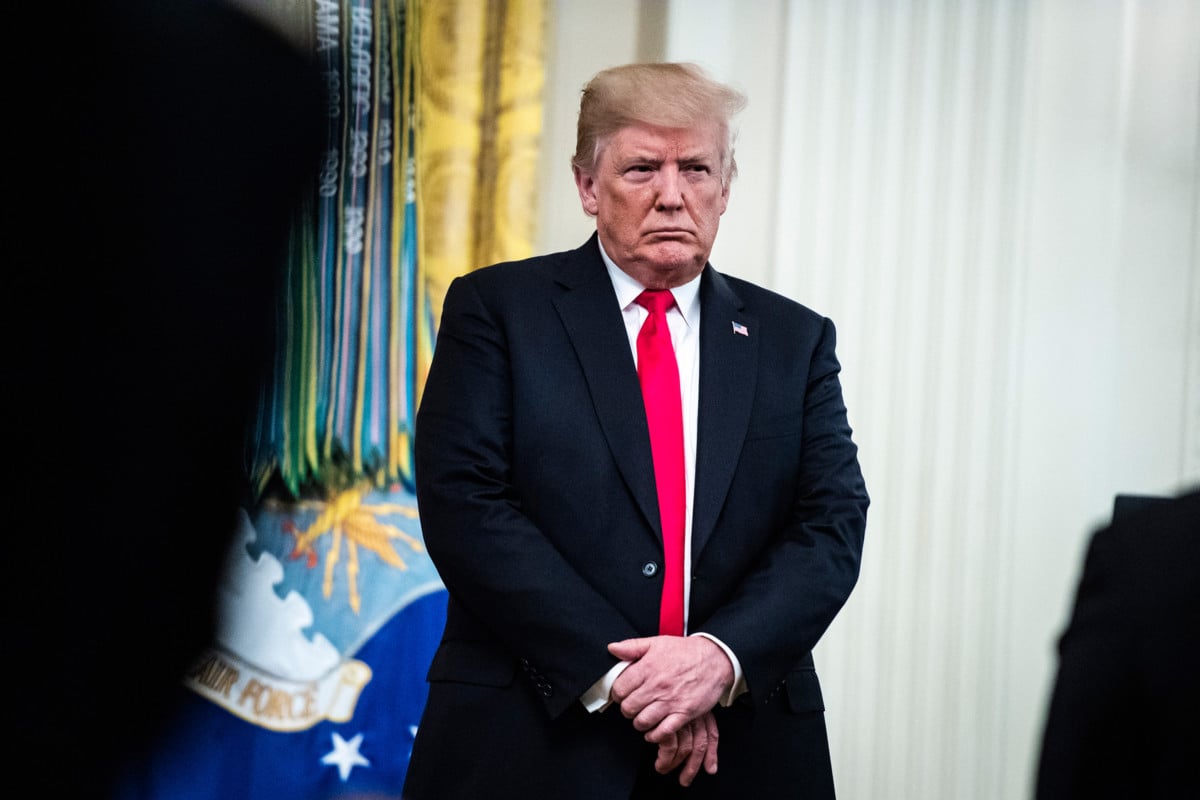Amid reports of the “devastating” impact US President Donald Trump’s newly reimposed sanctions are having on ordinary Iranians’ ability to afford basic necessities and life-saving medicines, Iran accused the US of “naked economic aggression” before the International Court of Justice (ICJ) on Monday and called on the United Nations body to halt the Trump administration’s penalties.
“The US is publicly propagating a policy intended to damage as severely as possible Iran’s economy and Iranian national companies, and therefore inevitably Iranian nationals,” Mohsen Mohebi, a lawyer representing Iran before the UN’s highest court, declared on Monday, arguing that Trump’s sanctions violate the bilateral Treaty of Amity. “This policy is nothing but a naked economic aggression against my country. Iran will put up the strongest resistance to the US economic strangulation, by all peaceful means.”
As Common Dreams reported, critics warned that Trump’s decision to violate the Iran nuclear accord and reimpose sanctions — which officially went into effect earlier this month — significantly heighten the risk of a “new war in the Middle East.”
The trade penalties are just one component of the Trump administration’s broader push to “foment unrest” in Iran, an effort that critics have condemned as a thinly veiled push for regime change.
In an interview on Sunday, Iranian Foreign Minister Javad Zarif accused the Trump administration of waging a “psychological war against Iran.”
Iran’s legal case against the US sanctions comes as ordinary Iranians report being unable to access crucial medicines as a result of the Trump administration’s so-called pressure campaign.
“Sanctions hurt ordinary people on the streets and do not inflict pain at all whatsoever on the government,” Meisam, an Iranian-American doctor whose grandmother has been unable to access her chemotherapy medicine because of the new restrictions, told The Independent. “How is withholding chemotherapy from my 80-year-old grandmother helpful to anyone’s objective?”
The lives being affected by #Iran sanctions are not the regime, they’re ordinary people worrying for their families, lacking necessities like medicine. #SanctionedLives https://t.co/WNfScQDTTC
— NIAC (@NIACouncil) August 25, 2018
Bolstering Iran’s case that the Trump administration’s sanctions are legally dubious as well as deeply harmful to ordinary Iranians, UN Special Rapporteur Idriss Jazairy said in a scathing statement last week that the trade penalties are illegitimate and “unjust.”
“International sanctions must have a lawful purpose, must be proportional, and must not harm the human rights of ordinary citizens, and none of these criteria is met in this case,” Jazairy argued. “These unjust and harmful sanctions are destroying the economy and currency of Iran, driving millions of people into poverty and making imported goods unaffordable.”
Join us in defending the truth before it’s too late
The future of independent journalism is uncertain, and the consequences of losing it are too grave to ignore. To ensure Truthout remains safe, strong, and free, we need to raise $48,000 in the next 8 days. Every dollar raised goes directly toward the costs of producing news you can trust.
Please give what you can — because by supporting us with a tax-deductible donation, you’re not just preserving a source of news, you’re helping to safeguard what’s left of our democracy.
